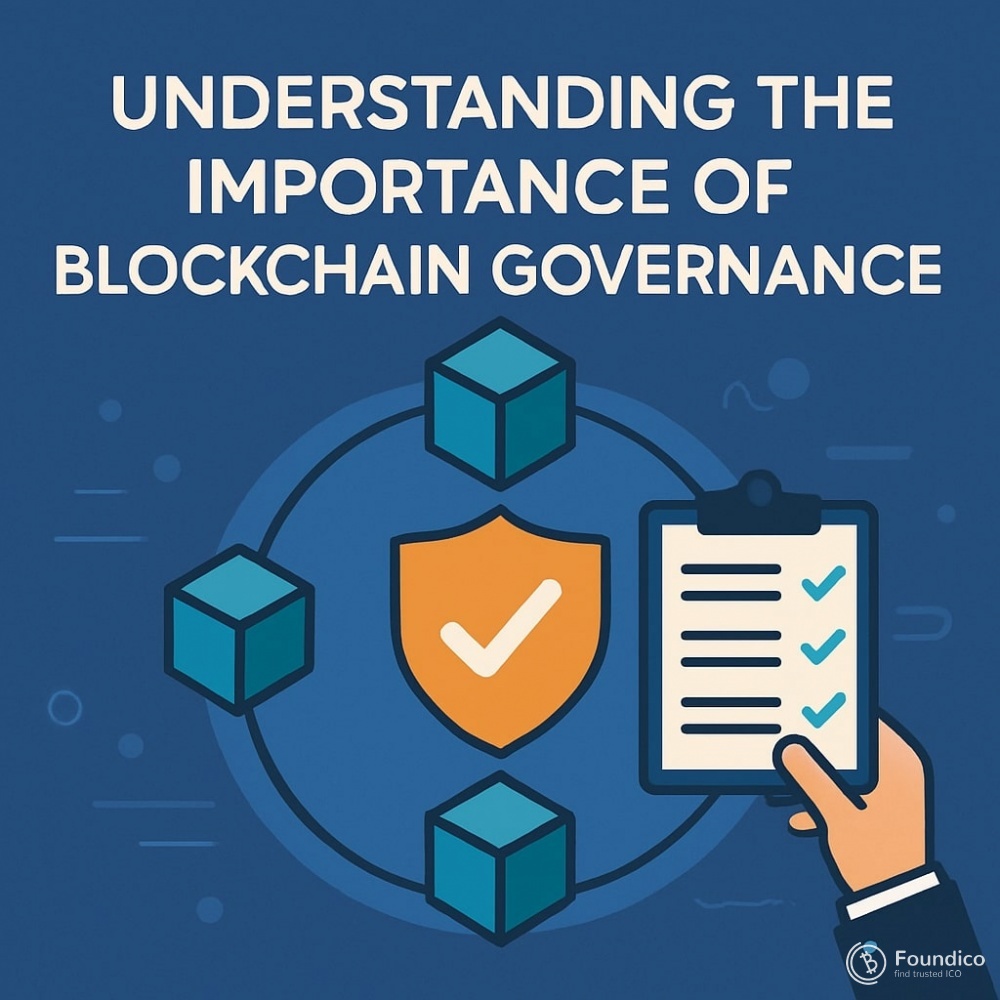The Future of Decentralized Systems: Why Blockchain Governance Matters

By Dr. Pooyan Ghamari, Swiss Economist and Visionary
Blockchain has moved from being a niche innovation to a central pillar of global technological progress. Its promise of decentralization, transparency, and security has captured the imagination of industries, governments, and individuals alike. Yet the real test of blockchain’s success lies not only in its technological design but in how it is governed. Governance is the invisible framework that determines whether blockchain systems can thrive, adapt, and serve the wider world—or whether they fracture under pressure.
The Essence of Blockchain Governance
Blockchain governance is the collective process of making decisions about how a network evolves. It involves technical matters such as upgrades, security fixes, and consensus rules, as well as social and economic elements like voting rights, incentive systems, and accountability structures. In essence, governance ensures that a decentralized system is not just leaderless chaos but an organized, adaptable, and trustworthy ecosystem.
Why It Cannot Be Ignored
Ensuring Stability
Without agreed-upon decision-making rules, blockchains risk splintering into competing factions. Governance provides a clear path for managing disputes and upgrades, preventing unnecessary fragmentation.
Driving Innovation
As blockchain applications expand into finance, logistics, identity, and beyond, the need for adaptability grows. Good governance enables smooth evolution while protecting the integrity of the system.
Building Trust
A network cannot grow if stakeholders doubt its fairness or transparency. Governance offers legitimacy by ensuring that decisions are made openly and inclusively.
Aligning Stakeholders
Blockchain ecosystems bring together developers, miners or validators, businesses, and ordinary users. Governance helps reconcile their interests, creating balance rather than conflict.
Competing Models of Governance
Different approaches have emerged in the blockchain world:
-
On-chain governance relies on automated voting systems where token holders decide directly on proposals.
-
Off-chain governance takes place in forums, developer groups, or through foundations, emphasizing human discussion and consensus.
-
Hybrid governance blends the two, combining the efficiency of automation with the depth of human deliberation.
While no single model is perfect, the guiding values of decentralization, fairness, accountability, and sustainability remain universal.
Ongoing Challenges
Implementing governance is far from simple. Token-holder apathy often results in low participation, allowing a minority to dominate. Centralization pressures can undermine decentralization ideals. Global coordination remains difficult, while regulators struggle to understand where responsibility lies in a borderless, decentralized system. Finally, governance processes themselves can become targets for manipulation if not carefully designed.
Lessons from Practice
Projects across the blockchain landscape reveal both successes and setbacks. Some networks have created robust voting systems that empower communities, while others rely on councils of trusted institutions to safeguard decision-making. Decentralized Autonomous Organizations (DAOs) aim for full automation, yet many have suffered from low engagement or security flaws. These examples show that governance is an evolving experiment, one that requires flexibility and constant refinement.
The Broader Relevance
Governance is not only for developers and token holders. It shapes the experiences of businesses relying on blockchain infrastructure, regulators tasked with oversight, and societies affected by blockchain’s economic and social footprint. The way governance is designed will determine how blockchains interact with traditional finance, government services, and even civic life.
Towards Better Governance
The future calls for intentional design. Governance must be embedded at the earliest stages of a project. Participation should be incentivized, and processes made transparent and auditable. Emergency safeguards must exist without undermining fairness. Governance should be treated as a living system, adapting to new challenges while preserving core principles of trust and decentralization.
Blockchain is often hailed as a revolution in trustless systems. But in truth, it is governance that makes or breaks this revolution. A decentralized network without strong governance risks instability, division, and irrelevance. With thoughtful governance, however, blockchain can deliver on its promise of transparency, inclusivity, and resilience—shaping the digital future for generations to come.
About the Author
Dr. Pooyan Ghamari is a Swiss economist and visionary specializing in technology, governance, and sustainable economic systems. His work explores how blockchain and other innovations can reshape the global financial and institutional landscape.
